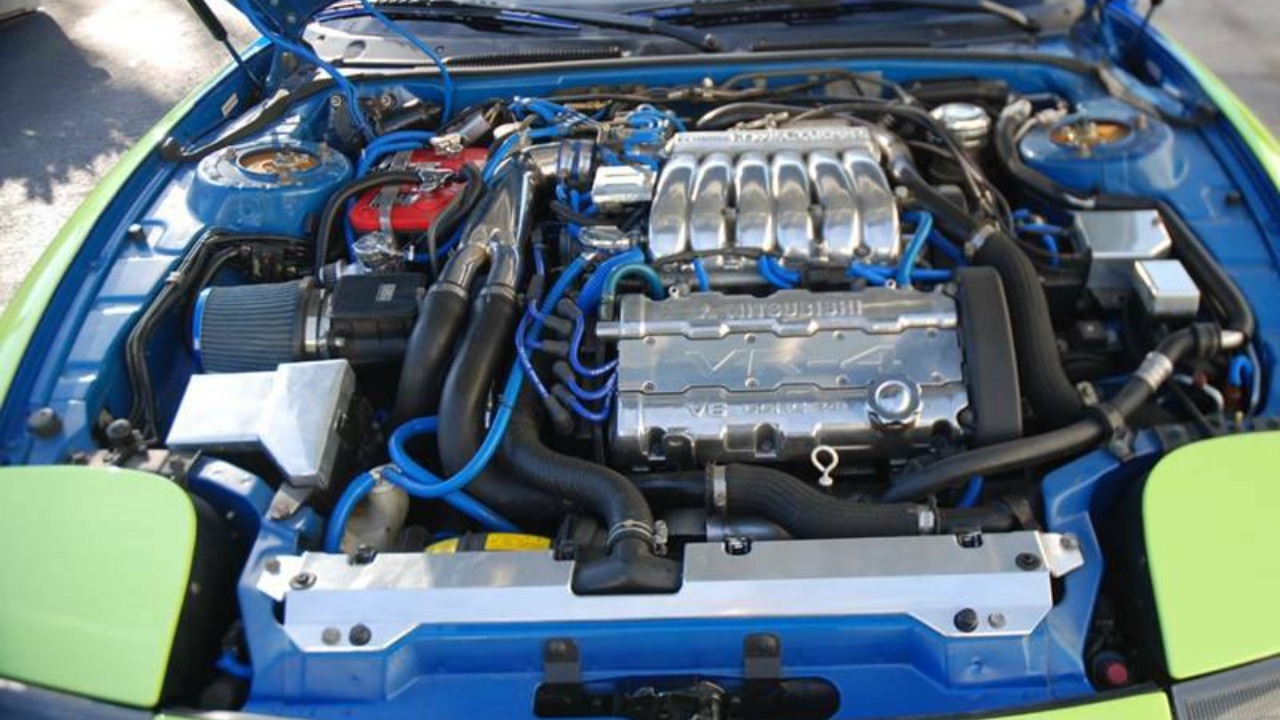
Jeep is gearing up to redefine compact turbo powertrains in SUVs and crossovers by boosting its 2.0L turbo engine to an impressive 324 HP. This ambitious development, announced on October 28, 2025, is a testament to Jeep’s commitment to performance and durability, as it aims to achieve this power increase without compromising the long-term reliability of its vehicles.
Jeep’s 2.0L Turbo Engine Overview
The 2.0L turbo engine is a cornerstone of Jeep’s performance strategy. Its core specifications, including displacement and baseline performance metrics, have been carefully designed to serve as a foundation for higher output without necessitating structural overhauls. This engine is integrated into various Jeep models, demonstrating its versatility and adaptability. The history of Jeep’s turbo implementations provides a rich context for understanding the significance of the 324 HP target. The brand’s consistent focus on enhancing performance while maintaining reliability has been a key driver in its engineering approach.
Jeep’s decision to boost the 2.0L turbo engine to 324 HP is not an isolated move, but rather a continuation of its long-standing commitment to performance and durability. The brand’s history of turbocharging techniques, including adjustments to boost pressure, has paved the way for this ambitious goal. The 2.0L turbo engine’s integration into various Jeep models, as well as its foundational role in the brand’s performance strategy, underscores the significance of this development.
Target Power Output: Reaching 324 HP
Achieving a horsepower goal of 324 HP from a 2.0L turbo engine is no small feat. It requires a careful balance of power and efficiency, which Jeep plans to achieve through a combination of turbocharging techniques and modifications to the fuel system and air intake. Adjustments to boost pressure, for instance, can significantly increase power output, while modifications to the fuel system and air intake can help to optimize efficiency.
While the specific torque figures associated with this power increase are not yet available, it is clear that Jeep is taking a comprehensive approach to enhancing performance. By focusing not only on power output but also on efficiency, Jeep is ensuring that the increased horsepower does not come at the expense of fuel economy or drivability.
Maintaining Reliability in High-Output Design
Increasing the power output of a 2.0L turbo engine to 324 HP presents several durability challenges, including managing heat and component stress. To address these challenges, Jeep is implementing a range of reliability safeguards, such as material reinforcements and cooling enhancements. These measures are designed to ensure that the engine can handle the increased power output without compromising long-term performance or reliability.
Jeep’s commitment to reliability extends beyond the design phase. The brand also employs rigorous testing protocols to ensure that its engines can deliver high performance over the long term without failures. This comprehensive approach to reliability underscores Jeep’s commitment to delivering vehicles that offer both high performance and durability.
Engineering Innovations for Balance
Jeep’s approach to achieving a balance of power and reliability in its 2.0L turbo engine involves a range of engineering innovations. Advanced turbo technologies, such as variable geometry or electric assist, are being explored to help achieve the 324 HP target. Additionally, software calibrations for engine management are being developed to protect reliability during high-output operation.
Alongside these technological innovations, Jeep is also making mechanical upgrades to handle the increased power. These include modifications to the piston and valvetrain, which are critical components in managing the increased power in the 2.0L block. These upgrades, combined with the advanced turbo technologies and software calibrations, demonstrate Jeep’s comprehensive approach to achieving its ambitious horsepower target.
Implications for Jeep’s Vehicle Lineup
The introduction of a 324 HP 2.0L turbo engine has significant implications for Jeep’s vehicle lineup, particularly for its SUV applications. This powerful engine could potentially redefine performance standards in the compact turbo segment, setting a new benchmark for competitors. However, achieving this level of performance without compromising reliability or drivability is a complex task, requiring a careful balance of power and efficiency.
Jeep’s approach to this challenge is a testament to its commitment to delivering vehicles that offer both high performance and long-term reliability. By focusing on both these aspects, Jeep is ensuring that its vehicles continue to meet the needs and expectations of its customers, while also staying competitive in the evolving automotive market.
Development Timeline and Reporting Insights
The announcement of Jeep’s plans to boost its 2.0L turbo engine to 324 HP on October 28, 2025, marks a significant milestone in the brand’s performance strategy. While specific details about the development timeline and prototypes are not yet available, it is clear that this ambitious goal is the result of a comprehensive and strategic approach to enhancing performance and reliability.
As Jeep continues to develop this enhanced 2.0L turbo engine, it will be interesting to see how it manages the balance of power and reliability. The brand’s commitment to delivering high-performance vehicles that offer long-term durability is clear, and this development is a testament to that commitment. As we await further details about the production rollout of this enhanced engine, one thing is certain: Jeep is pushing the boundaries of compact turbo powertrains, and the automotive industry is watching closely.
More from MorningOverview